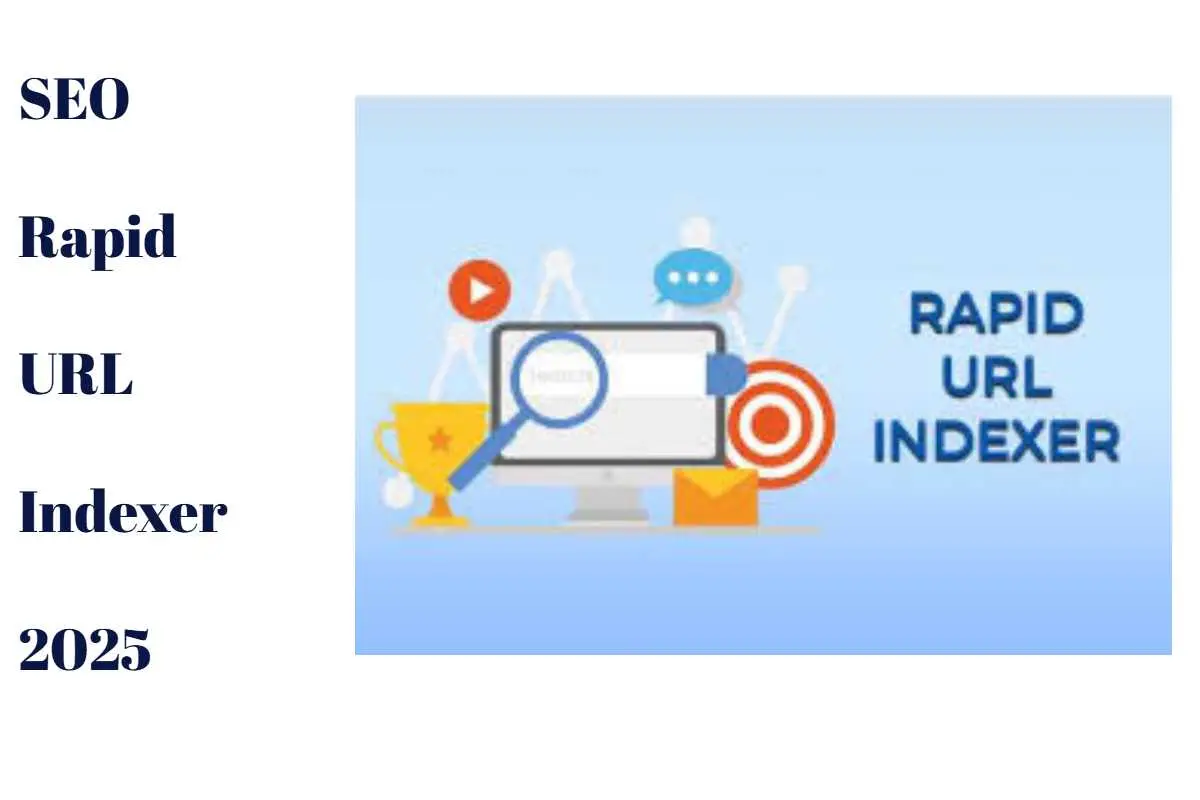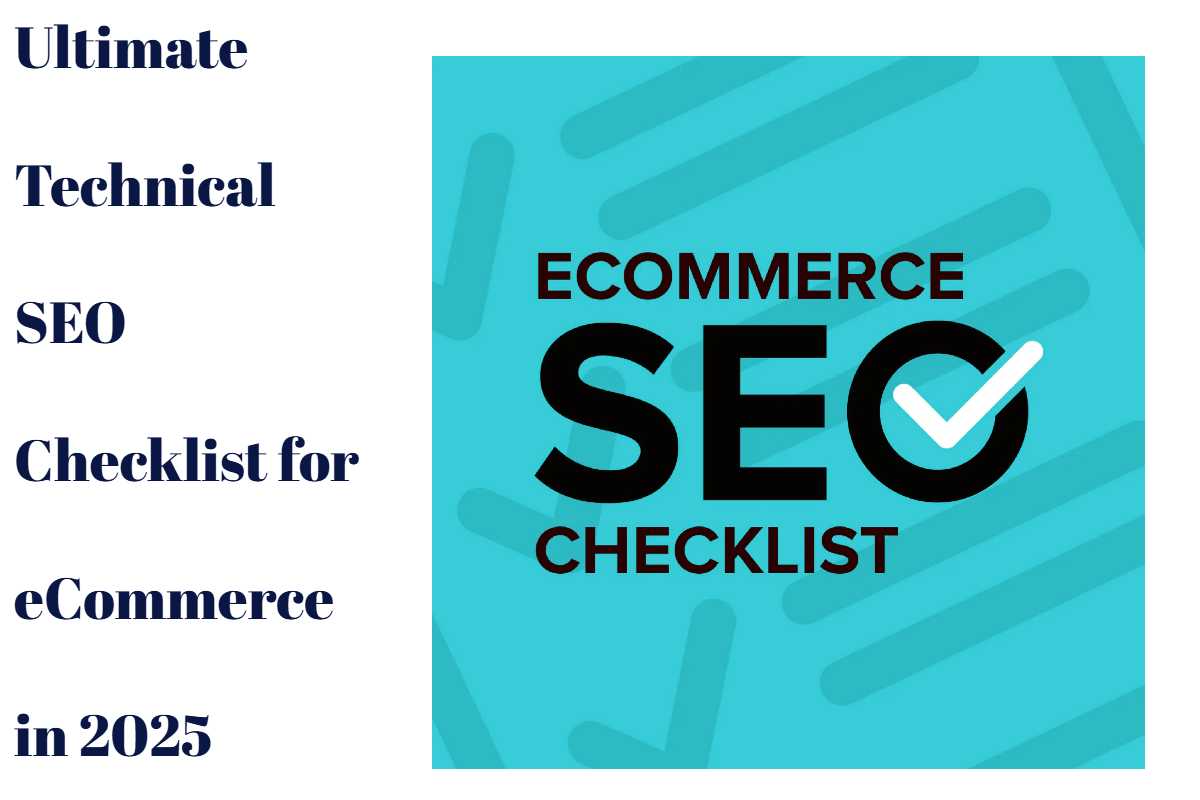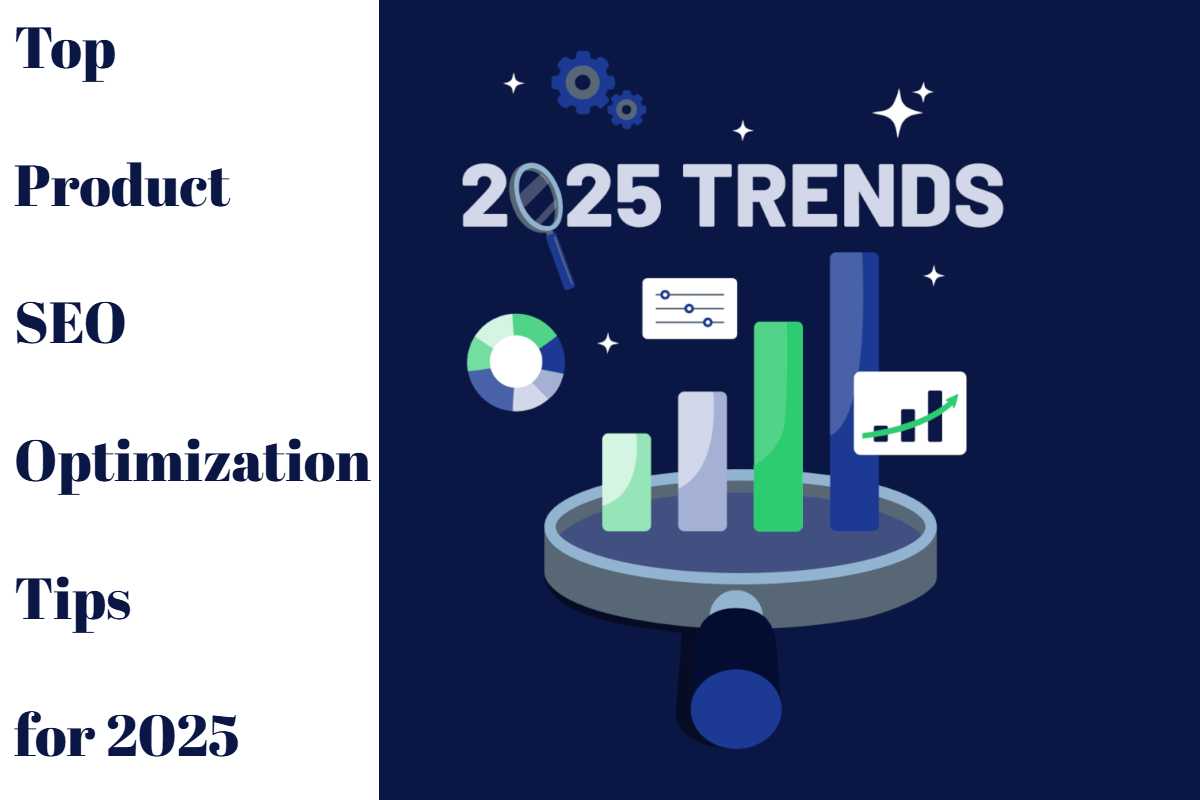1. Introduction to ORM in Digital Marketing
In 2025, your online reputation is your brand’s most valuable asset. Whether you’re a local business, a startup, or an established corporation, one negative review or a viral complaint can harm your business in seconds. That’s where ORM (Online Reputation Management) in digital marketing comes into play.
ORM ensures that your brand is portrayed positively online by managing customer feedback, reviews, social mentions, and search engine results.
2. What Is ORM (Online Reputation Management)?
Online Reputation Management refers to the strategies and practices used to shape public perception of a brand, business, or individual on the internet.
ORM involves:
-
Monitoring brand mentions across platforms
-
Responding to negative reviews and feedback
-
Promoting positive content
-
Suppressing harmful or fake information
-
Engaging with audiences in a professional tone
In short, ORM helps control what people see when they search for your brand online.
3. Importance of ORM in 2025
With the rise of AI-generated content, real-time news, and digital virality, reputation spreads faster than ever in 2025. Here’s why ORM is crucial today:
-
90% of consumers read online reviews before making a purchase.
-
85% trust online reviews as much as personal recommendations.
-
Google prioritizes trustworthy brands in search rankings.
-
A single negative article or viral tweet can cause massive revenue loss.
In a world where digital trust = real-world business, ORM is not optional—it’s essential.
4. How Does ORM Work in Digital Marketing?
ORM is a multi-channel, ongoing process that integrates with other digital marketing components like SEO, social media, and PR.
🔄 ORM Process Includes:
-
Monitoring: Using tools to track brand mentions, reviews, and conversations.
-
Analyzing: Assessing the sentiment and relevance of feedback.
-
Responding: Engaging with customers publicly and privately.
-
Promoting: Creating and optimizing positive content (blogs, press releases).
-
Suppressing: Using SEO and legal methods to push down or remove harmful links.
5. Key Components of an Effective ORM Strategy
A strong ORM strategy for 2025 includes the following components:
✅ 1. Brand Monitoring
Track your brand name, products, services, and competitor mentions across the web.
✅ 2. Review Management
Encourage happy customers to leave positive reviews and address negative ones quickly on platforms like:
-
Google Business Profile
-
Yelp
-
Facebook Reviews
-
TripAdvisor
-
Trustpilot
✅ 3. Social Media Management
Respond professionally to complaints, questions, or praise on social platforms.
✅ 4. Search Engine Reputation Management (SERM)
Boost positive links and suppress negative ones in Google results through SEO.
✅ 5. Crisis Management
Have a proactive plan in case of PR disasters, bad press, or social media backlash.
6. Top ORM Tools in 2025
To manage your reputation efficiently in 2025, use these advanced ORM tools:
-
Brand24: Real-time monitoring of brand mentions across web and social.
-
Google Alerts: Free tool for tracking mentions.
-
Reputation.com: Enterprise-level review and feedback management.
-
Mention: Tracks brand sentiment and influencer opinions.
-
Birdeye: For managing multi-location business reviews.
-
SEMrush & Ahrefs: Track SERP positions of branded keywords.
-
Hootsuite & Sprout Social: Manage and monitor social responses and engagement.
7. Benefits of Online Reputation Management for Brands
Here are the key benefits of ORM in digital marketing:
🔹 1. Builds Trust and Credibility
A clean and strong reputation builds consumer confidence and improves brand loyalty.
🔹 2. Improves Search Rankings
Positive press, reviews, and backlinks help SEO performance and drive traffic.
🔹 3. Increases Conversion Rates
Good reviews influence buyers and reduce hesitation, especially in e-commerce.
🔹 4. Attracts Investors and Partners
Potential partners and investors check your brand’s digital footprint.
🔹 5. Enhances Customer Retention
Engaging with feedback builds loyalty and improves customer lifetime value.
8. ORM for Small Businesses, Startups & E-commerce
ORM is not just for large enterprises. It’s even more critical for:
🏪 Small Businesses
One negative Google review can affect foot traffic or local search visibility.
🚀 Startups
Early-stage businesses must build credibility fast. A single viral issue can ruin their reputation.
🛒 E-commerce Stores
Product reviews, influencer feedback, and customer experience stories drive conversions.
ORM helps these businesses control the narrative and gain a competitive edge.
9. Latest Trends in ORM in 2025
📈 AI-Powered Sentiment Analysis
AI tools now detect tone and emotion in reviews and social media posts.
🧠 Personal Branding for Founders
Customers want to connect with brand creators. Founder reputation = brand trust.
🗣️ Voice Search Reputation
People ask voice assistants “Is Brand X good?”—Voice SEO is now part of ORM.
🌍 Multilingual ORM
ORM in regional and local languages is key for brands in India and global markets.
🔐 Privacy & Data Transparency
Consumers care more about how you collect and use their data—transparency boosts trust.
10. Best Practices for Online Reputation Management
Follow these ORM best practices to stay ahead in 2025:
-
Be Proactive: Don’t wait for a PR crisis to start ORM. Monitor and improve constantly.
-
Claim Your Listings: Ensure consistency on Google, Bing, Yelp, etc.
-
Ask for Reviews: Prompt satisfied customers to leave feedback.
-
Respond Fast: Always reply to reviews, especially negative ones, within 24–48 hours.
-
Don’t Fake It: Avoid buying fake reviews—Google penalizes this behavior.
-
Publish Positive Content: Regular blogs, PRs, and testimonials help dominate search results.
-
Track KPIs: Measure ORM success using review ratings, sentiment score, and SERP control.
11. Common ORM Challenges & How to Overcome Them
🚫 Fake Negative Reviews
Solution: Flag and report them to platforms like Google or TripAdvisor.
🤐 Negative Press Articles
Solution: Suppress with SEO by publishing positive news, blogs, and press releases.
💬 Unhappy Customers Going Viral
Solution: Have a PR & social media crisis plan. Respond with empathy and resolve the issue quickly.
🧾 Inconsistent Brand Voice
Solution: Use brand guidelines and train staff handling public responses.
Read Also:- Top Digital Marketing Agency in Patna 2025: Best Services, Trends & Expert Guide
12. FAQs About ORM in Digital Marketing
What is ORM in digital marketing?
Answer: ORM (Online Reputation Management) involves monitoring, managing, and improving how your brand is perceived online through reviews, search results, and social media.
Why is ORM important in 2025?
Answer: In 2025, online reputation affects purchase decisions, SEO rankings, partnerships, and customer trust. Managing your digital image is vital for brand growth.
What’s the difference between SEO and ORM?
Answer: SEO focuses on visibility and ranking on search engines, while ORM focuses on how your brand appears (positively or negatively) across online platforms.
How much does ORM cost in 2025?
Answer: ORM costs range from ₹10,000/month for small businesses to ₹1,00,000+/month for large corporations, depending on the service level and complexity.
Can I manage my online reputation myself?
Answer: Yes, basic ORM can be done using free tools like Google Alerts and manual responses. However, for professional results, hiring an agency is recommended.
13. Conclusion
In 2025, your online reputation can make or break your business. From reviews and Google rankings to social conversations and influencer opinions, ORM in digital marketing is the new foundation for brand success.
Businesses that invest in ORM today will stand out, build trust, and grow stronger despite rising competition. Whether you’re a startup or an enterprise, a smart ORM strategy is no longer optional—it’s essential.














